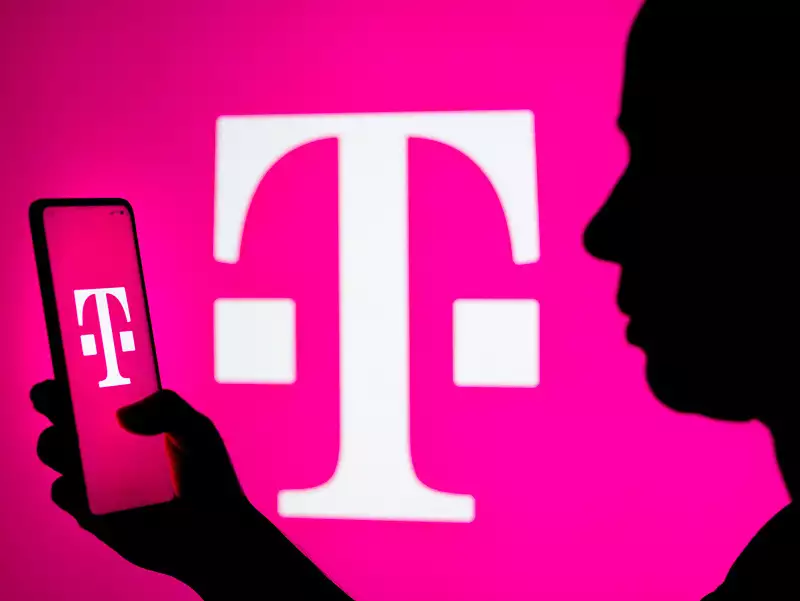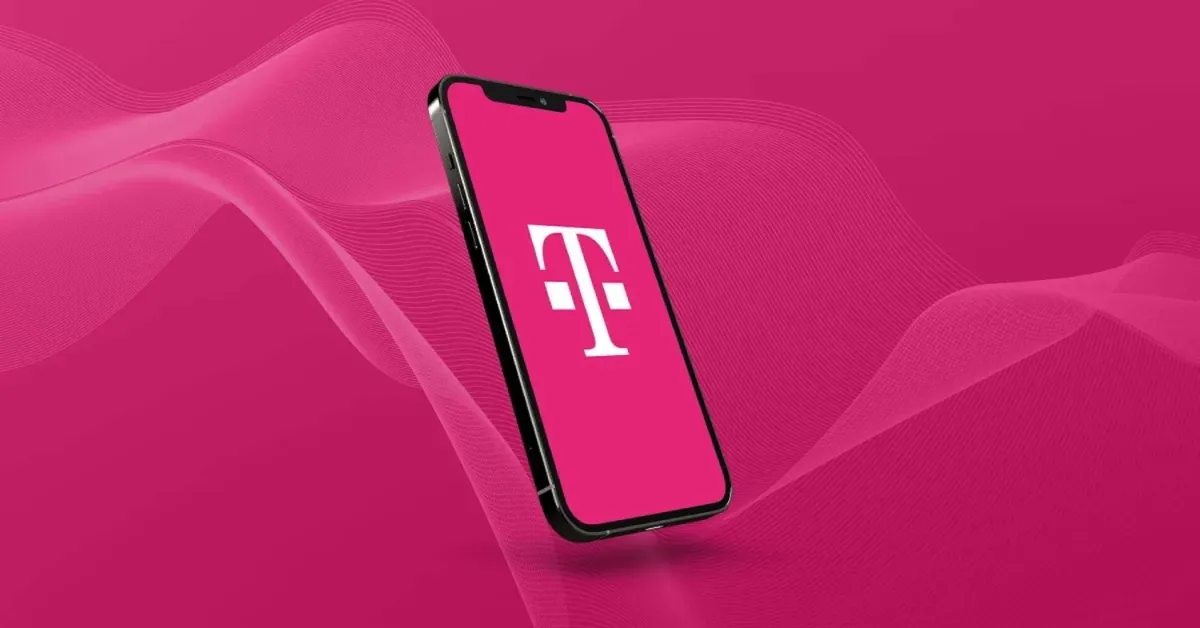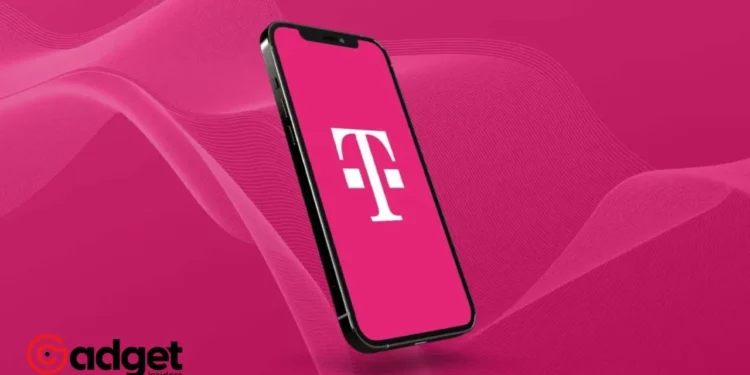In an era where the digital landscape is perpetually evolving, the recent announcement by T-Mobile has sent ripples through the tech community, suggesting a future where mobile applications may become relics of the past. At the heart of this groundbreaking shift is T-Mobile’s introduction of an appless phone, a concept that reimagines the smartphone experience entirely.
This innovative approach, unveiled by Deutsche Telekom CEO Tim Hoettges at the MWC tech conference in Barcelona, heralds a significant transformation in how we interact with our devices.
T-Mobile: The “T-Phone” Concept
It is important to note that the idea gadget, which has been jokingly referred to as the “T-Phone” (not to be confused with the T-Bone), is a significant advancement in mobile technology.
The purpose of this app-free user interface, which was developed in conjunction with industry giants Qualcomm and Brain.ai, is to simplify the digital experience by utilizing artificial intelligence to meet the requirements of every user.

I can tell you that in 5–10 years from now, nobody from us will use apps anymore.
Imagine a device that acts more like a personal concierge than a conventional smartphone. According to T-Mobile’s vision, this AI-powered assistant will understand your objectives and manage the minutiae of daily tasks without the need for traditional apps.
From booking flights with a simple voice command to planning trips, shopping, and even creating or editing videos and photos, the T-Phone aims to make life effortlessly manageable.
The Role of AI and Large Language Models in Shaping the Future
Jon Abrahamson, Chief Product & Digital Officer of Deutsche Telekom, emphasizes the pivotal role of artificial intelligence and Large Language Models (LLM) in this technological revolution. The goal is not merely to introduce a new gadget but to offer a magenta concierge that becomes an indispensable companion in simplifying digital life.
This vision is not just about reducing screen clutter or saving time but about fundamentally altering our interaction with technology, making it more intuitive, efficient, and, importantly, tailored to individual needs.

Artificial intelligence and Large Language Models (LLM) will soon be an integral part of mobile devices. We will use them to improve and simplify the lives of our customers. Our vision is a magenta concierge for an app-free smartphone. A real everyday companion that fulfills needs and simplifies digital life.
Is T-Mobile and its app-less phone about to make app developers obsolete? https://t.co/03gguADfi3
— Mgzcom QC (@MgzcomQ) February 28, 2024
What This Means for App Developers and the Tech Industry
The introduction of an appless phone by T-Mobile raises intriguing questions about the future of app developers and the broader tech industry. While some may view this shift as a threat to the current app-centric ecosystem, it also opens up new avenues for innovation.
Developers may need to pivot, focusing on the development of AI-driven solutions and integrations rather than traditional standalone apps. This transition could herald a new era of digital services, where the emphasis is on seamless user experiences and the intelligent anticipation of user needs.

T-Mobile: A Glimpse into a Future Without Apps
T-Mobile’s appless phone concept challenges us to reconsider the essence of smartphone functionality. In a world dominated by apps, the idea of a device that relies solely on artificial intelligence for task management is both intriguing and somewhat unsettling.
Yet, as we stand on the cusp of this potential digital renaissance, it’s clear that the essence of innovation lies in its ability to disrupt and redefine. Whether the T-Phone will render apps obsolete remains to be seen, but one thing is certain: the future of mobile technology is on the brink of an exciting transformation.










